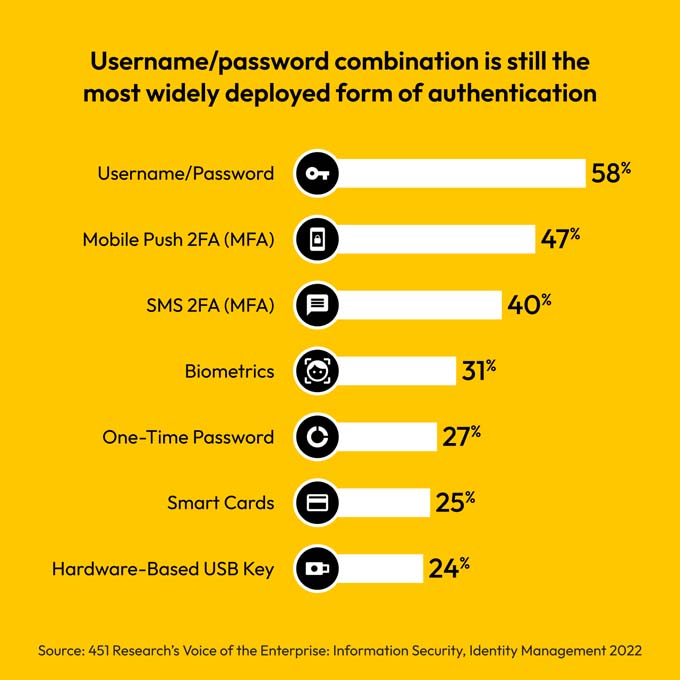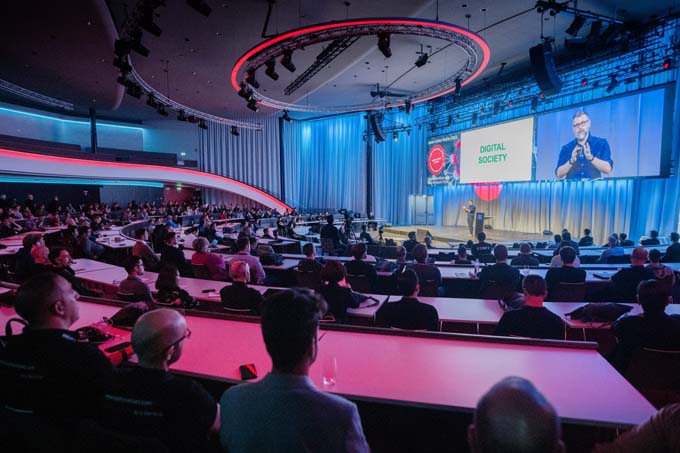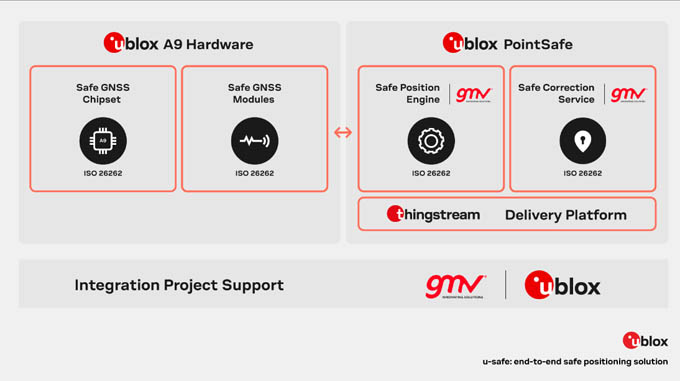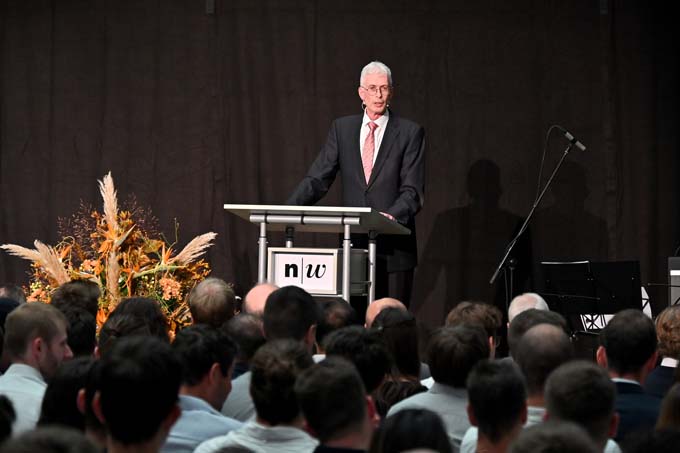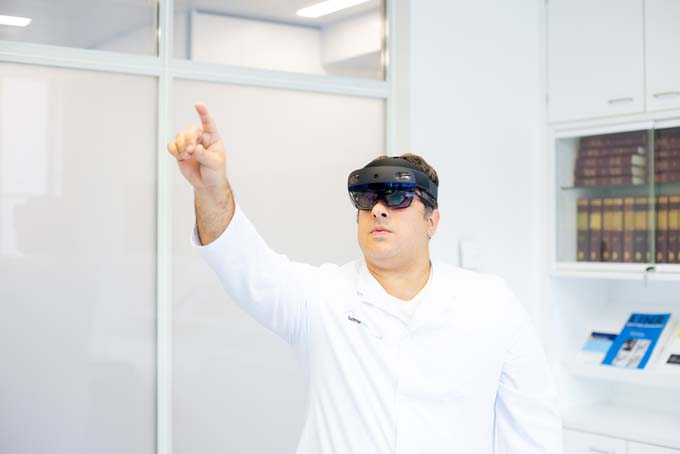Xebia: Bobby Leu appointed new Managing Director Switzerland
For many years, Xebia has supported Swiss companies in their digital transformation, helping them to remain competitive. As of January 1, 2024, Bobby Leu will further develop and implement the company's strategy as the new Managing Director Switzerland. In his role, he will take over as Chairman of the Executive Board.
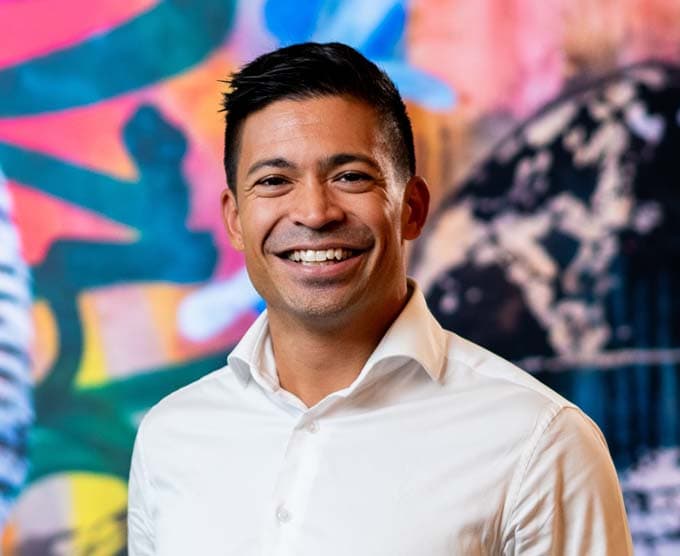
From his twelve years of experience, Bobby Leu was most recently Chief Operating Officer at SELISE (Secure Link Services AG) in Zurich and Vice President Small & Medium Business Switzerland and Austria at UPC in Zurich and Vienna. In previous positions, he worked for Swiss Life and Deloitte, among others. Bobby Leu holds a BA in Business Administration from the University of St. Gallen and a Global Executive MBA from INSEAD Business School in Singapore.
"With Bobby Leu, a proven strategy and technology expert takes the lead to further expand our presence in Switzerland," says Anand Sahay, CEO and Executive Director of Xebia. "He knows how to connect the opportunities of new technologies with the business needs of our customers. He brings deep experience in consulting as well as nearshore and offshore software development and combines this with in-depth knowledge from many of our core industries. All this will decisively support and drive the digital transformation of our Swiss customers."
Bobby Leu adds: "Digital transformation requires a holistic understanding of the challenges our customers face. Our goal is to support them on their way to becoming digital market leaders in their industry and to shape these changes together with them. I look forward to successfully realizing this mission together with the team at Xebia."
With the completion of the integration of SwissQ into the Xebia Group, Adrian Zwingli, founder and former CEO of SwissQ, is stepping down as Chairman of the Board of Directors. "After 17 years of hard work, it is now time to hand over the company's fate to new competent hands," comments Zwingli.
Michel den Braver, Managing Director a. i. of Xebia Switzerland, also expresses his thanks and wishes Adrian Zwingli all the best for the future, both professionally and personally.
Source: www.xebia.com








